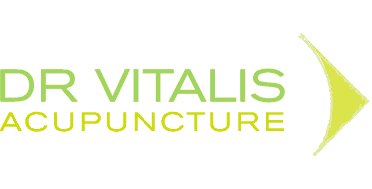Acupuncture as good as painkillers, says study
For centuries, sceptics have dismissed acupuncture as nothing more than a mind game, a placebo effect that tricks patients into believing they’re experiencing relief. But in a groundbreaking new study, researchers have discovered that the ancient Chinese practice is not only legitimate but as effective as popular painkillers in treating debilitating conditions such as arthritis.
The study, led by a team of scientists from two British universities, employed brain scans on patients undergoing the 2,500-year-old treatment, revealing significant differences in the brain’s response to acupuncture needles compared with “dummy needles” that did not puncture the skin. The results showed that the part of the brain responsible for managing pain and the nervous system responded positively to acupuncture, improving pain relief by as much as 15 per cent.
Dr George Lewith, from the University of Southampton’s Complementary Medicine Research Unit, emphasises the significance of these findings: “The evidence we now have is that acupuncture works very well on pain.” This revelation challenges the long-held scepticism surrounding acupuncture and its purported benefits.
Acupuncturists worldwide have welcomed the study, published in the scientific journal NeuroImage, as it provides much-needed validation for a practice that has often been dismissed as mere pseudoscience. Persis Tamboly, of the British Acupuncture Council, says: “We’re really thrilled about this research… research like this substantiates what we’ve always maintained – that acupuncture works.”
With millions of acupuncture treatments performed each year, even high-profile figures like Cherie Blair, Kate Winslet, and Joan Collins count themselves as supporters. The British Acupuncture Council hopes that these findings will pave the way for acupuncture to be accepted as a National Health Service treatment.
The study, utilising sophisticated positron emission tomography (PET) scans, compared the brain’s response to real acupuncture needles with that of blunt and dummy needles. The real needles stimulated an additional part of the brain called the ipsilateral insular, improving pain relief by 10-15 per cent – a result comparable to the effects of conventional analgesic drugs.
While this research offers compelling evidence of acupuncture’s effectiveness in pain relief, it does not yet explain how the practice treats other issues, such as stress or disease. Dr Lewith confirms that further research is planned: “This is a very interesting area… I’m now getting a very realistic understanding of the effects of this mechanism.”
The journey of acupuncture from ancient Chinese wisdom to modern scientific validation serves as a testament to the power of an open mind and the potential for new discoveries. As the enigma of acupuncture continues to unravel, the possibilities for improved patient care and a more holistic approach to medicine become ever more tangible.
You may be interested to read the story in NZ Herald covering this subject.



as effective but with out the nasty side effects.